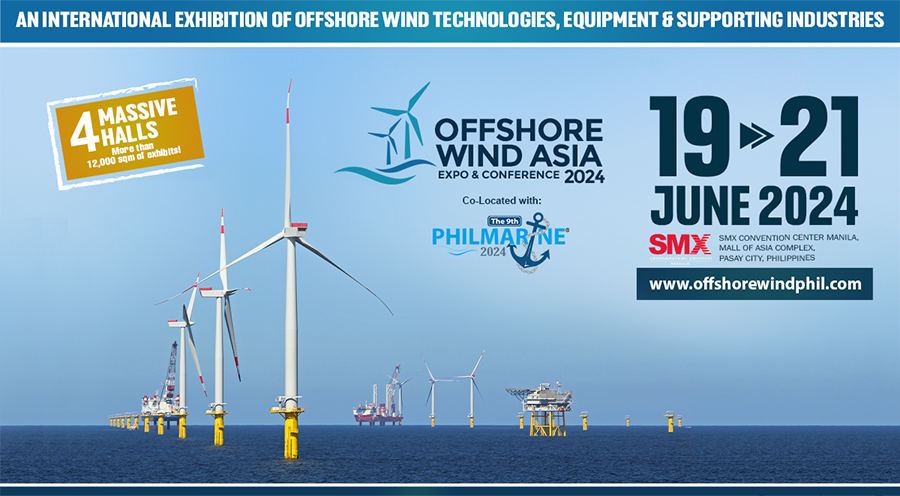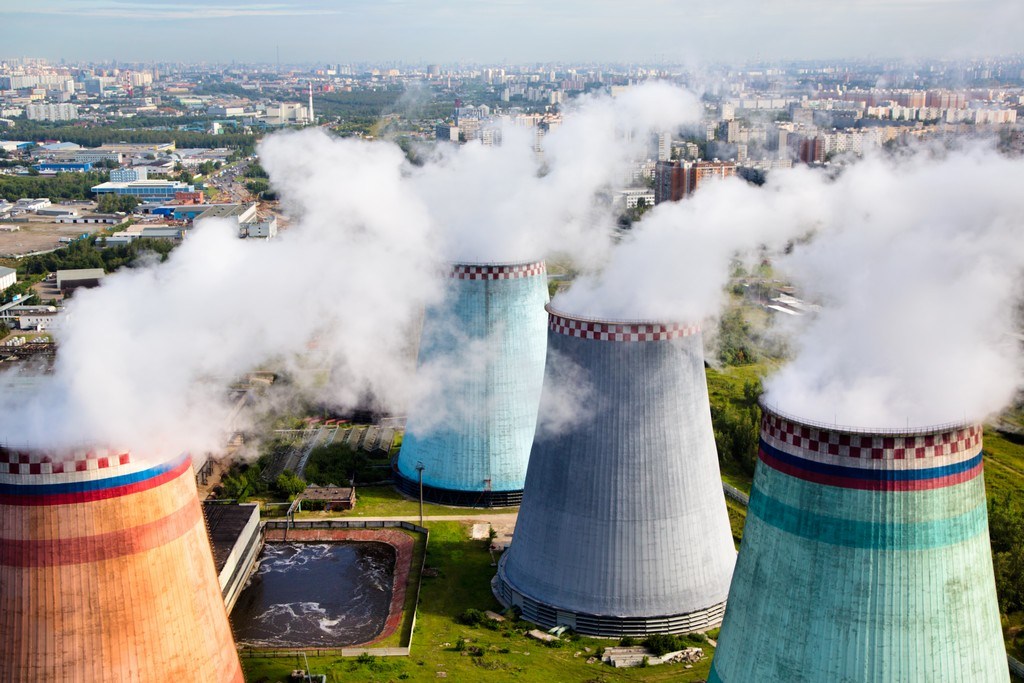After saying that the Philippines won’t tap into nuclear power, President Rodrigo Duterte has given the go-signal for the rehabilitation of the 620 – megawatt powered yet mothballed Bataan Nuclear Power Plant, Energy Secretary Alfonso Cusi said.
Cusi made the announcement at the inauguration of the 414 MW San Gabriel and 97 MW Avion natural gas-fired power plants in Batangas City.
“As you all very well know, personally and under the DOE (Department of Energy), I’d like the BNPP to really operate,” Cusi said.
The Energy Secretary said that he discussed the nuclear power potential to meet the country’s energy needs.
“I gave him assurance that we will not do it recklessly – the security on the use of nuclear and safety in the event of [a calamity]. We are going to follow the strict measures of the IAEA (International Atomic Energy Agency),” he said.
“Rejected”
A few weeks ago in a Davao cemetery, Duterte officially rejected the idea of nuclear power for the country, citing safety concerns.
“Maybe someday [but] not during my presidency,” The president said, adding that the BNPP must be studied by the Congress and the Filipino people.
(Read: Duterte rejects idea of nuclear power in PH)
However, Cusi then said that nuclear energy remains a viable power source for the country as they ae looking at all energy option to ensure adequate energy supply.
“As you’ve read from the interview, the door is not closed for nuclear. What he wants is to look into it. We need to provide the necessary information,” the secretary said.
(Read: Nuclear energy still viable energy source for PH, Cusi says)
A week ago, the DOE tapped in a global non-government organization – Energy for Humanity – to inspect and conduct a feasibility study on the BNPP.
“Once and for all, we have to put closure on BNPP, either we use it or convert it,” Cusi said.
The BNPP was constructed in the 1980s under the administration of Ferdinand Marcos, but was mothballed due to strong oppositions from environmental and cause- oriented groups because of safety concerns and the allegations that Marcos received around $80 million worth of kickbacks from Westinghouse – builder of BNPP.


